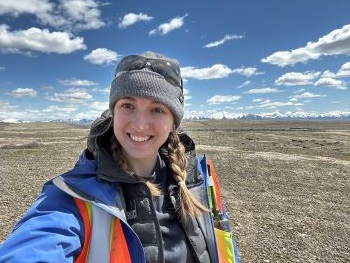Webinar | Harnessing Geophysics for Water Security in Eastern Chad
In June 2024, BGC Engineering partnered with the United Nations High Commissioner for Refugees (UNHCR) to conduct geophysical investigations at six refugee sites in eastern Chad. The main objective of this program was to explore the subsurface for groundwater resources with the intent of siting water-well drilling locations for the refugee sites.
Using electrical resistivity tomography as the applied geophysical exploration method, a linear total of 22,200 metres of data was collected over 13 field days. The survey lines were planned along paths that connected existing boreholes or wadi features (i.e., possible direct recharge sources) wherever possible to utilize existing groundwater knowledge. The main subsurface targets for the geophysical program were thick, spatially extensive zones of fractured rock, typically identified by zones of 40–200 ohm-m in the survey results. Based on the results, 17 targets were identified and sent to the UNHCR with recommendations on drilling location, depth, and criteria for well-screen installation. As of now, one of the suggested targets has been drilled and resulted in a flow rate of 3.64 m3/h. The remaining targets are scheduled to be drilled once the rainy season has passed.
This session will be held over ON24.
This session is presented as part of our member-in-training speaker sessions.
For any questions on this session, please contact [email protected].
About the Presenter
 Izzy Rosaert, G.I.T., graduated from the University of Waterloo in 2022 with a degree in geophysics. Following graduation, she relocated to Edmonton and began her career at BGC Engineering as a junior geoscientist-in-training. Izzy combines her passion for the outdoors with her professional work, conducting geophysical surveys in diverse and challenging terrains throughout North America, as well as in the Dominican Republic and Central Africa.
Izzy Rosaert, G.I.T., graduated from the University of Waterloo in 2022 with a degree in geophysics. Following graduation, she relocated to Edmonton and began her career at BGC Engineering as a junior geoscientist-in-training. Izzy combines her passion for the outdoors with her professional work, conducting geophysical surveys in diverse and challenging terrains throughout North America, as well as in the Dominican Republic and Central Africa.
